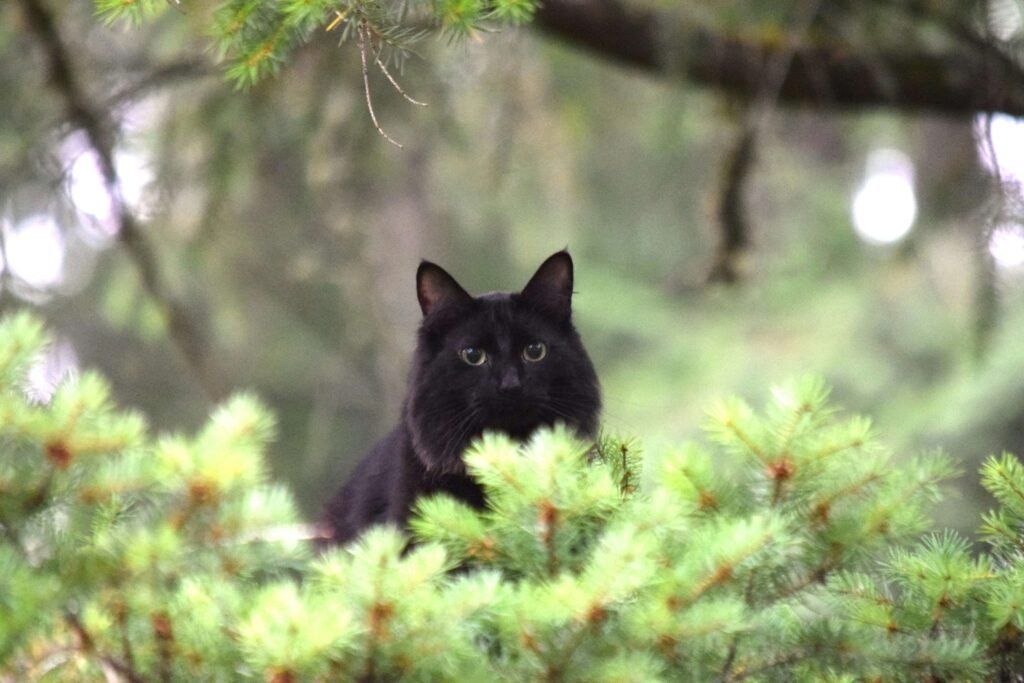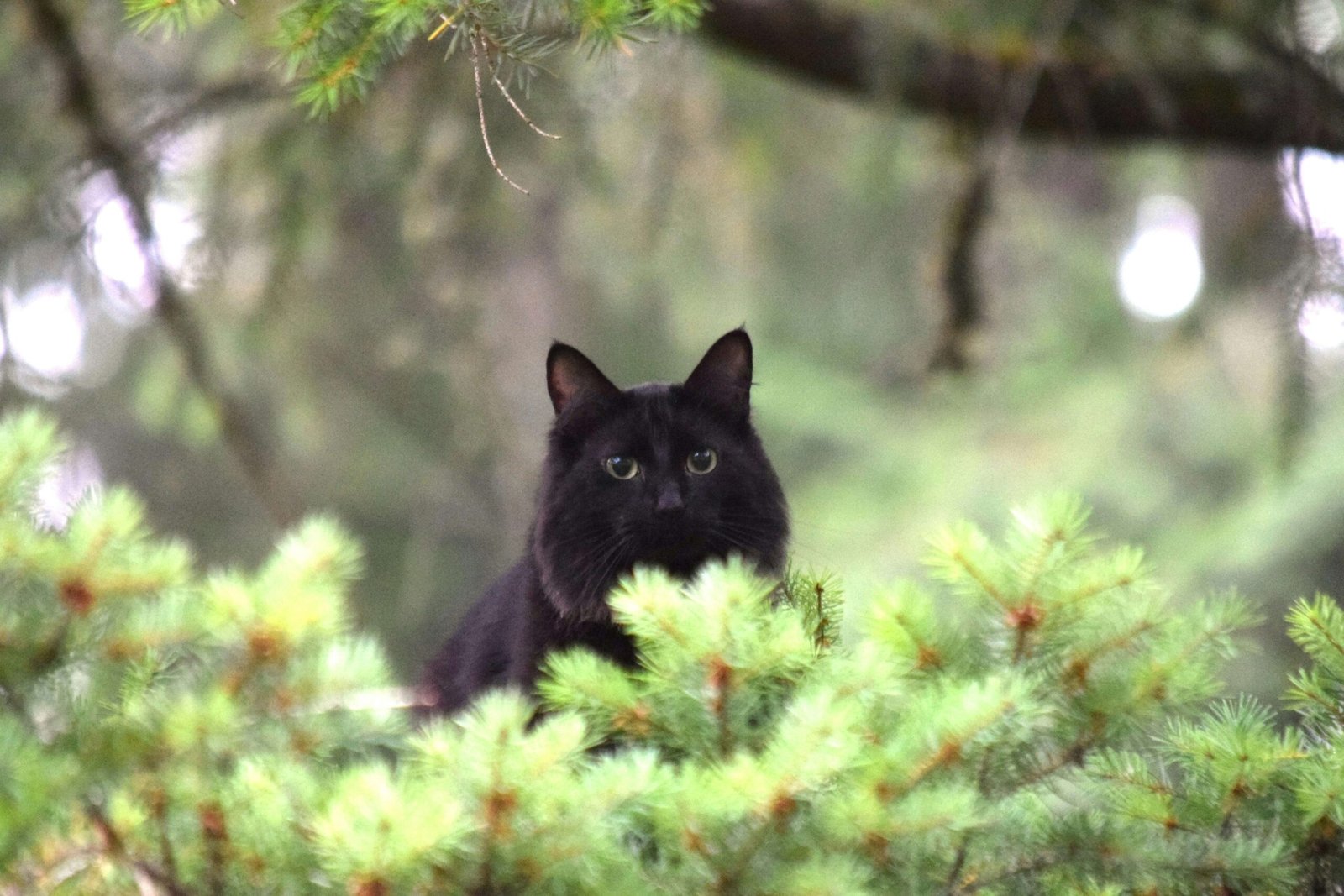How to Make a Cat Poop Instantly: A Gentle Guide for Concerned Cat Owners
Cats are known for their independent nature, but when it comes to their health, they sometimes need a little help from their humans. If your feline friend is struggling to poop or seems constipated, it’s natural to feel concerned. Constipation in cats can lead to discomfort and even more serious health issues if left untreated. While you may be tempted to find a quick fix, it’s important to approach the situation with care and patience. In this blog post, we’ll explore safe and effective methods to encourage your cat to poop, along with tips to prevent future issues. Let’s dive in and ensure your furry companion stays happy and healthy!
Signs Your Cat May Be Constipated
Before attempting to address the issue, it’s essential to recognize the signs that your cat is struggling to poop. Cats are masters at hiding discomfort, so these symptoms may not always be obvious. Here are some common indicators of constipation:
Straining in the Litter Box
Your cat may spend an unusually long time in the litter box but produce little to no stool.Small, Hard Stools
If you notice dry or pellet-like feces, it could be a sign of dehydration or constipation.Frequent Visits to the Litter Box
A constipated cat may visit the litter box more often than usual without success.Lethargy or Restlessness
Constipation can cause discomfort, leading to behavioral changes such as increased restlessness or fatigue.Loss of Appetite
A cat experiencing digestive issues may refuse food or eat significantly less than normal.
If your cat exhibits any of these signs, it’s time to take action. Early intervention can prevent further complications and ensure your cat feels better sooner.
Natural Remedies to Encourage Bowel Movements
If your cat is constipated, there are several gentle, natural remedies you can try at home to help them poop. These methods are safe and effective when used correctly. Here are some tried-and-true solutions:
Increase Water Intake
Dehydration is a common cause of constipation. Ensure your cat has access to fresh, clean water at all times.Add Fiber to Their Diet
Fiber-rich foods like canned pumpkin (unsweetened) can promote healthy digestion and soften stools.Massage Their Abdomen
Gently massaging your cat’s belly in a circular motion can stimulate bowel movements.Encourage Exercise
Playtime with toys or interactive activities can get your cat moving, which helps stimulate their digestive system.Offer Wet Food
Switching from dry kibble to wet food can provide additional moisture and hydration to aid digestion.
These natural remedies are simple yet effective ways to support your cat’s digestive health. However, if your cat doesn’t respond within a day or two, it’s best to consult a veterinarian.
Check this guide 👉Black Cat Poop: Best 7 Expert Tips!
Check this guide 👉Cat Pooping Jelly-Like Substance with Blood: Best 7 Tips!
Check this guide 👉Understanding Cat Pooping Blood: Best 7 Health Tips!

Home Remedies for Cat Constipation | Benefits |
|---|---|
Canned Pumpkin | Adds fiber and softens stools |
Increased Hydration | Prevents dehydration and blockages |
Belly Massage | Stimulates bowel movement |
Wet Cat Food | Provides moisture and nutrients |
Play and Exercise | Encourages natural digestion |
When to Seek Veterinary Help
While many cases of constipation can be resolved at home, some situations require professional intervention. Knowing when to seek veterinary help is crucial for your cat’s well-being. Here are scenarios where you should contact your vet immediately:
Blood in Stool
The presence of blood indicates a potentially serious underlying issue.Vomiting or Diarrhea
These symptoms paired with constipation can signal a gastrointestinal problem.Prolonged Straining Without Results
If your cat has been straining for more than 24 hours, it’s time to see a vet.Signs of Pain or Distress
Excessive vocalization, hiding, or aggression may indicate severe discomfort.Lack of Improvement After Home Remedies
If your efforts don’t yield results within 1-2 days, professional care is necessary.
Your vet can perform tests and recommend treatments tailored to your cat’s specific needs. Don’t hesitate to reach out—your cat’s health is worth it.
Preventative Measures to Avoid Future Constipation
Prevention is always better than cure. By taking proactive steps, you can reduce the likelihood of your cat experiencing constipation in the future. Here are some preventative measures to consider:
Maintain a Balanced Diet
Ensure your cat’s diet includes adequate fiber and moisture.Provide Plenty of Fresh Water
Place multiple water bowls around the house to encourage drinking.Regular Vet Check-Ups
Routine visits can help catch potential issues before they become serious.Monitor Litter Box Habits
Keep an eye on your cat’s bathroom behavior to catch problems early.Limit Stressful Situations
Stress can impact digestion, so create a calm and stable environment for your pet.
By incorporating these habits into your daily routine, you can help keep your cat’s digestive system running smoothly.
Hydration Tips for Cats
Proper hydration plays a critical role in maintaining your cat’s digestive health. Cats are notorious for not drinking enough water, which can contribute to constipation. Here are some tips to encourage your feline friend to stay hydrated:
Use a Cat Water Fountain
Flowing water often entices cats to drink more than still water in a bowl.Place Water Bowls Strategically
Keep multiple water bowls around the house, especially near their favorite resting spots.Flavor the Water
Add a splash of low-sodium chicken broth to make the water more appealing.Offer Wet Food Regularly
Wet food contains up to 80% moisture, making it an excellent hydration source.Monitor Daily Water Intake
Keep track of how much water your cat drinks to identify potential issues early.
By prioritizing hydration, you can help prevent constipation and support your cat’s overall well-being.
Stress Reduction Techniques
Stress can significantly impact your cat’s digestive system, leading to issues like constipation or diarrhea. Reducing stress in your cat’s environment is key to promoting healthy bowel movements. Consider these stress-reducing strategies:
Create a Safe Space
Provide a quiet, secluded area where your cat can retreat when feeling overwhelmed.Stick to a Routine
Cats thrive on consistency, so maintain regular feeding, play, and sleep schedules.Introduce New Changes Gradually
Avoid sudden changes to their environment, such as moving furniture or introducing new pets.Use Calming Products
Pheromone diffusers or sprays can help soothe anxious cats.Engage in Interactive Play
Daily playtime with toys helps burn off excess energy and reduces stress levels.
A calm and stress-free environment can go a long way in supporting your cat’s digestive health.
Foods to Avoid for Digestive Health
While certain foods can aid digestion, others may worsen constipation or upset your cat’s stomach. Being mindful of what you feed your cat is essential for their digestive well-being. Here are some foods to avoid:
Dairy Products
Most cats are lactose intolerant, and dairy can lead to digestive upset.Processed Human Foods
Foods high in salt, sugar, or artificial additives can disrupt your cat’s digestive balance.Raw Meat or Fish
These may contain harmful bacteria or parasites that affect digestion.Bones
Cooked bones can splinter and cause blockages in the digestive tract.Toxic Foods
Items like chocolate, onions, garlic, and grapes are toxic to cats and should be avoided entirely.
Feeding your cat a balanced and species-appropriate diet is one of the best ways to ensure their digestive system stays healthy.
FAQ
How long can a cat go without pooping?
Most cats poop once every 1-2 days. If your cat hasn’t pooped in over 48 hours, it’s time to investigate further.
Can I give my cat laxatives?
It’s not recommended to give your cat over-the-counter laxatives without consulting a vet first.
Is constipation dangerous for cats?
While occasional constipation isn’t usually harmful, chronic or severe cases can lead to serious health issues.
What food helps cats poop?
Foods high in fiber, like canned pumpkin or wet cat food, can help regulate digestion.
Why does my cat strain to poop?
Straining can be caused by constipation, dehydration, or other underlying health conditions.
Final Thoughts: Supporting Your Cat’s Digestive Health
Helping your cat poop instantly may seem like a daunting task, but with the right knowledge and tools, you can make a significant difference in their comfort and well-being. From recognizing the signs of constipation to implementing natural remedies and preventative measures, every step you take shows your love and dedication as a pet owner. Remember, your cat relies on you to advocate for their health, so don’t hesitate to seek professional advice if needed. By staying informed and attentive, you can ensure your feline companion enjoys a happy, healthy life.
Do Cats Have Taste Buds? Best 7 Expert Tips! – Discover how cats experience flavors and why their taste is so unique.
Do Dogs Have Taste Buds? Best 7 Expert Tips! – Discover how dogs experience taste, their preferences, and what it means for their diet and health.
Can Cats Taste Sweet? Best 7 Expert Tips! – Discover why cats can’t taste sweetness, how it affects their diet, and tips to keep them healthy and happy.
Can Dogs Taste Sweet? Best 7 Expert Tips! – Discover how dogs perceive sweetness, which foods are safe, and tips to manage their sweet cravings responsibly.





